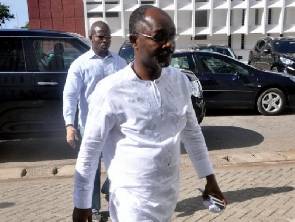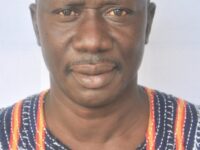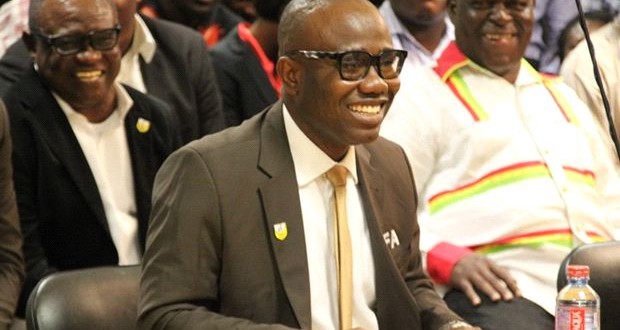 Businessman Alfred Woyome has been found not guilty of causing financial loss to the state in the controversial GHC51 million judgment debt paid to him by the state.
Businessman Alfred Woyome has been found not guilty of causing financial loss to the state in the controversial GHC51 million judgment debt paid to him by the state.
A three-member Appeals Court panel chaired by Justice Victor Ofoe unanimously dismissed the State’s appeal over Criminal charges proffered against Mr. Woyome stating that State Prosecutors have failed to establish their allegations of fraud against the businessman.
The Appeals Court judges were also of the opinion that all the grounds upon which state prosecutors are accusing Mr. Woyome of causing financial loss to the State fails before them.
The judges added that the claim by the State that Mr. Woyome did not have a contract with the government of Ghana wasn’t substantial in finding the accused person guilty.
Background
Alfred Woyome was paid GHC51 million for helping Ghana raise funds to construct stadia for purposes of hosting the CAN 2008 Nations Cup.
However an Auditor General’s report released in 2010 said the amount was paid illegally to the NDC financier.
The report triggered nationwide controversy with critics accusing government of misappropriating funds. Officials of the New Patriotic Party who were in government during the CAN 2008 tournament said Woyome did no work to be paid that whopping sum of money.
The then Attorney General Joe Ghartey said Woyome was contracted to help in raising money for the construction works but he failed to meet the deadline.
He said the NPP government had no choice than to abrogate the contract with Woyome.
When the NPP left office in 2009, Alfred Woyome proceeded to court claiming his contract was illegally terminated and was demanding a judgment debt well over 2 million cedis.
The government failed to defend the state. Rather the then Attorney General under the late Mills administration Betty Mould Iddrisu is said to have negotiated with Woyome for him to reduce his demand on government. He did and requested for 51 million cedis instead.
The government went to court with a consent judgement. The court accepted and asked the AG to pay in three tranches of 17 million cedis to the plaintiff.
The court was however emphatic that only the first tranche be paid until after the trial.
The court again asked Woyome to present an undertaking that in the event he loses he would refund the first tranche of 17 million cedis but if wins the state will pay the two other tranches left. Betty Mould Iddrisu however decided to pay all the three tranches.
Her Deputy Ebo Barton Oduro later publicly defended the payment to Woyome.
Martin Amidu
In 2010 Martin Amidu was appointed Attorney General to replace Betty Mould Iddrisu who was sent to the Education Ministry.
That appointment and revelations in the 2010 Audit report changed the dynamics of the Woyome scandal.
Amidu had Woyome arrested and charged for causing financial loss to the state. Two others, including Nerquaye Tetteh, the chief state attorney were also arrested.
Whilst prosecuting the case, Martin Amidu was sacked from government under mysterious circumstances with Marietta Brew Hammond appointed to take his place.
Civil Case
Amidu however proceeded to the Supreme Court as a private citizen and managed to retrieve for the state millions of cedis said to have been paid illegally to Waterville. The judges however stayed a verdict on the Woyome case Amidu brought before them because the matter was pending before the High Court.
He later went on a review and had the court rule in his favour. Woyome was asked to refund the 51 million cedis to the state.
With the civil case ended Marriette Brew Oppong was to prosecute the criminal case against Woyome case at the High court and called eight witnesses, including former Deputy Minister of Finance, Kwaku Agyemang Manu and staff of the Ministry of Finance and Economic Planning as well as the former Minister of Education, Youth and Sports, Yaw Osafo-Maafo.
Woyome called none to testify in his defence. He relied heavily on correspondence from Betty Mould Iddrisu to the Finance Minister Kwabena Duffuor to make his case.
When judgement was delivered Thursday, the judge noted the prosecution failed to prove beyond every reasonable doubt that the suspect was guilty.
He described the prosecution’s case as “shoddy” and therefore acquitted and discharged him.





